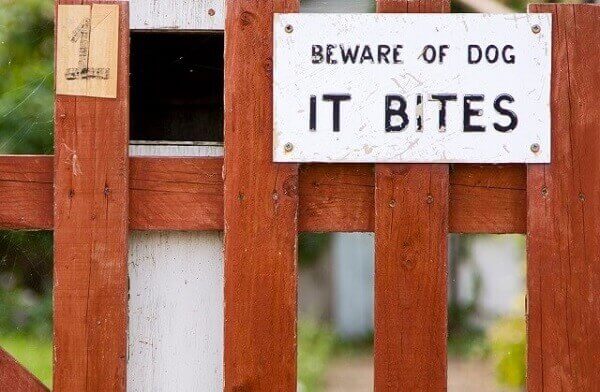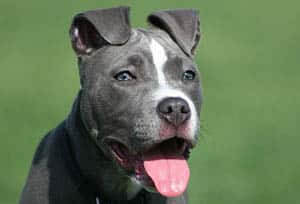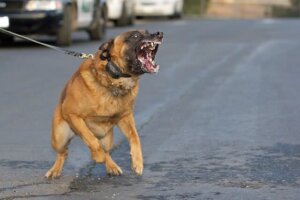For instances involving dog attacks, sometimes strict liability does not apply. When this happens, the rule of vicious propensity becomes important. Vicious propensity refers to the owner’s knowledge or assumption that a dog posed a risk to the public, and that the owner knew the dog was likely to bite someone.
There are often factors that the court will look for to determine if vicious propensity applies. Each case, however, is unique. Of course, there may be an instance where vicious propensity does not apply. The factors that are examined by the court help the judge or jury determine if the owner knew the dog was a threat to the public.
The Breed and Size
I often hear from clients that because the attacking dog was “big” or especially “a Pit Bull,” that they automatically have a great case. This is not so. The breed and size of the dog in question is irrelevant. ALL that matters is that the dog was vicious, and that viciousness can be proven in any number of ways. My job as your dog bite attorney is to investigate the dog in question and find such evidence to help establish the legitimacy of the claim.
Why the Animal Was Owned
Sometimes, the reason for having the animal is reason enough for the court to assume the owner knew that the dog was vicious. A dog that is trained for fighting or guarding is obviously more aggressive than a dog that was a household pet or companion. Any animals kept for protection are riskier to the public; therefore, the owner must take steps to protect the public from injury.
Episodes of Snapping or Biting
If the dog has had a history of snapping at people, or even warning nibbles at others, then the owner should be aware that the dog is a threat. Any history of aggressive behavior is considered by the court. Even if the dog is the type that barks every time the doorbell rings or a stranger comes into the house is enough to prove that the owner was on notice that the dog had behavioral problems.
Complaints that Are Issued to the Owner
If the owner has received complaints in the past about the dog’s vicious behavior, and he or she did nothing about it, then that situation will help tremendously with proving vicious propensity.
Fights with Other Animals
Any fights with animals (whether they live in the house with the dog or elsewhere) are considered vicious propensities. The owner should have taken measures to prevent fights in the future, and if they do not, then they could be considered liable.
Confinement
An owner who must confine the dog because it is too aggressive or vicious is aware that the dog is dangerous. While they are taking actions, their actions prove that they know the dog is a risk to the public.
Posting Warning Signs
Most owners assume that they can skip liability by posting a vicious dog warning sign. However, doing so means that they are admitting that the dog is a risk to the public. If the dog were to leave the property and attack someone, the posted sign may be used against the owner.
Injured by a Dog? Contact an Attorney Immediately.
An attorney can help weigh the facts and determine if a dog had a vicious propensity. If you were injured by a dog attack or bite, contact attorney Jeffrey H. Penneys, Esq. Schedule a free consultation now by calling his cell at 215-771-0430 or the office at 215-987-3550. You can also ask a question online.







